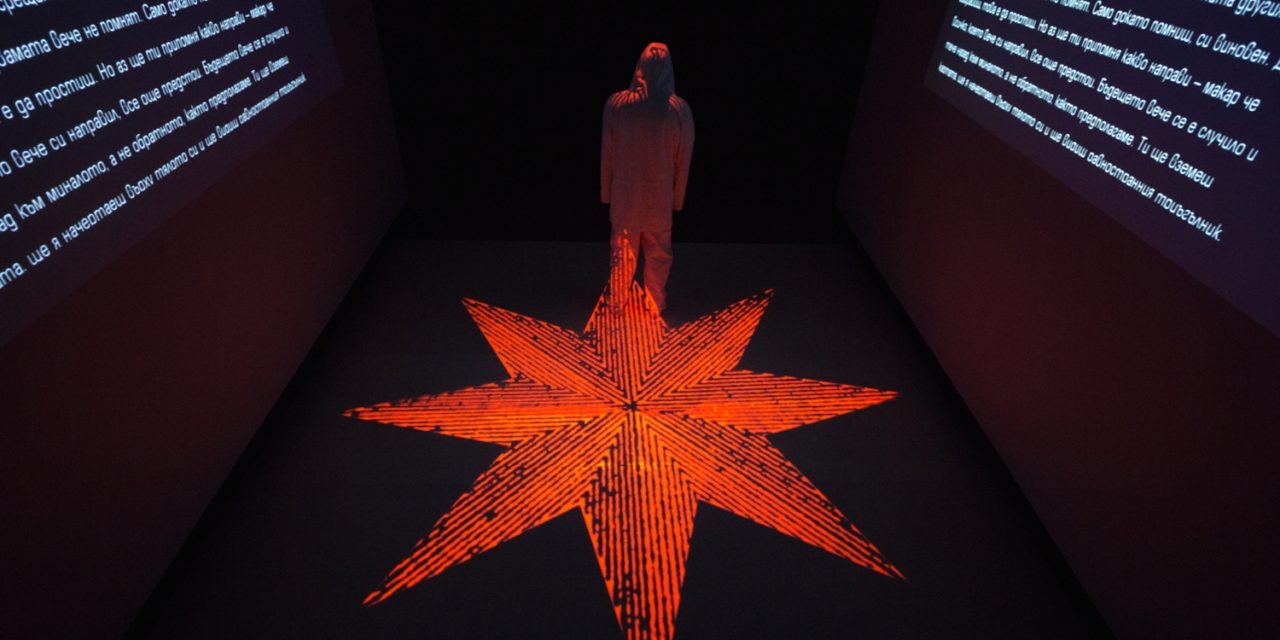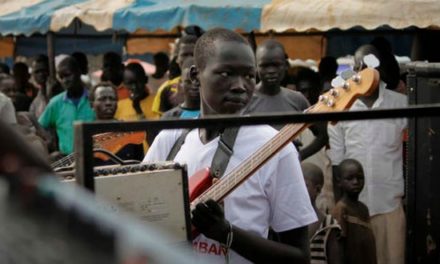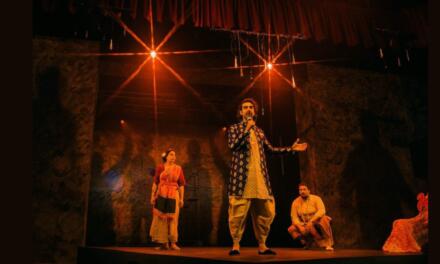Next week marks the deadline for the annual call for scripts from EURODRAM, the translation organization founded in 2001 by French theatre director Dominique Dolmieu.
It’s a timely reminder of the importance of such groups in an age when Europe’s political cohesion is under greater threat than at any time in the past seven decades. Indeed, Eurodram’s work appears more vital than ever. The Brexit vote in Britain, the rise of Far Right nationalist groups across the region, and the large-scale movements of people – migrants and refugees – have turned the business of inter-cultural communication from an artistic aspiration to a political necessity. This at the same time as governments and funding organisations have cut grants to the Arts across the area.
Eurodram’s raison d’être is simple: to promote cross-cultural understanding in the most practical of ways – by offering European playwrights a means to have their work translated, read, or performed in other languages across the continent.
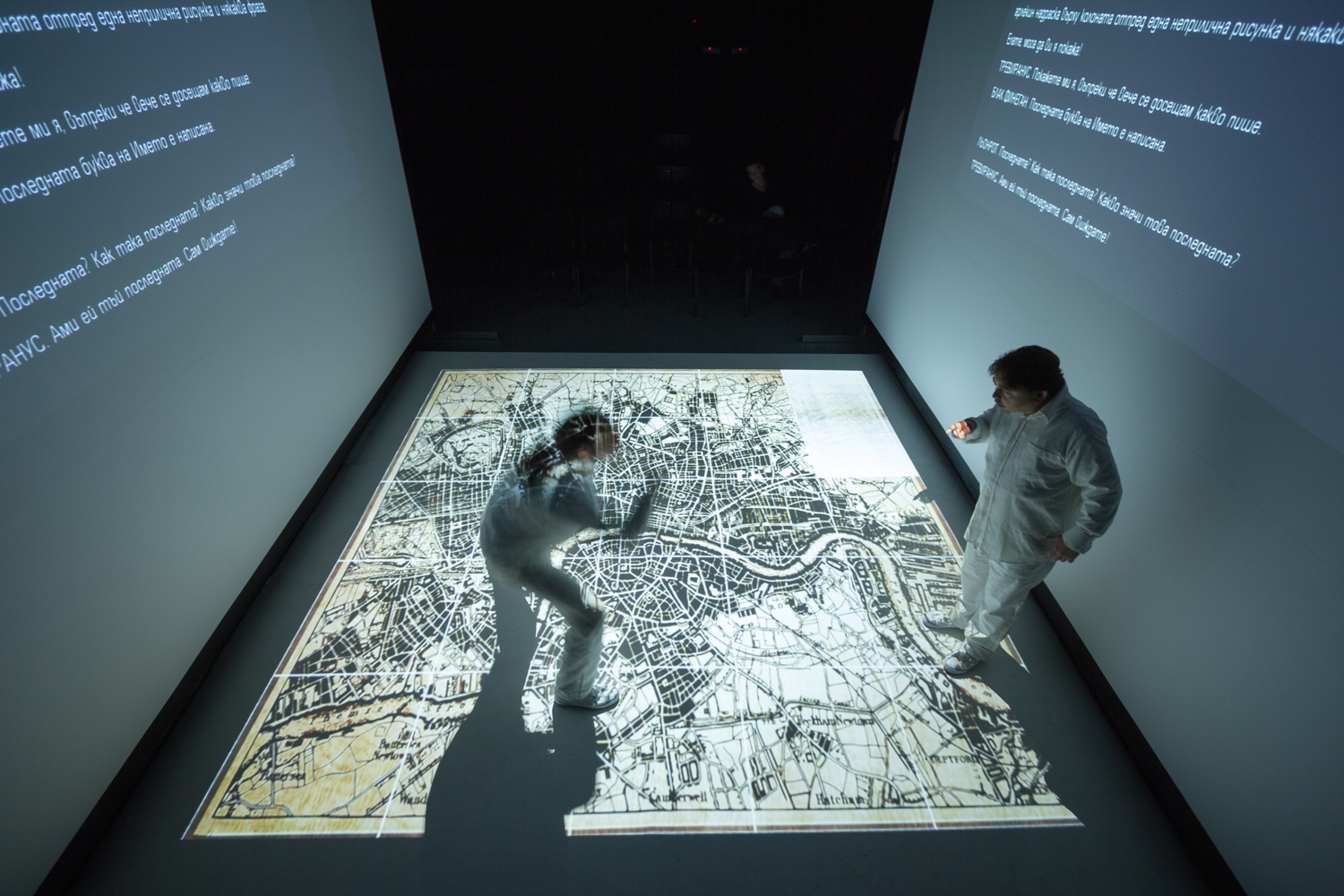
It’s a grassroots organization in the true sense of the word. Eurodram aims both to supplement and to bypass “official” cultural exchange by empowering writers and translators directly, and by ensuring that the flow of theatre translation is not confined (as it typically has been for decades) to the larger language groups of northern Europe.
It aims, in other words, to overcome language, economic and institutional barriers to the free flow and exchange of theatre ideas. Or just ideas.
Eurodram’s operations are run by semi-autonomous volunteer committees that currently span twenty-two languages, or language groups, across the European region, extending into the Middle East and North Africa (see table). Beyond this, the group has links with correspondents dealing with Persian, Romany, Georgian, Sorabe and Armenian. It should be noted that one or two of the committees listed are currently undergoing re-organisation, and a number of further language committees are “dormant” at present while they recruit new co-ordinators.
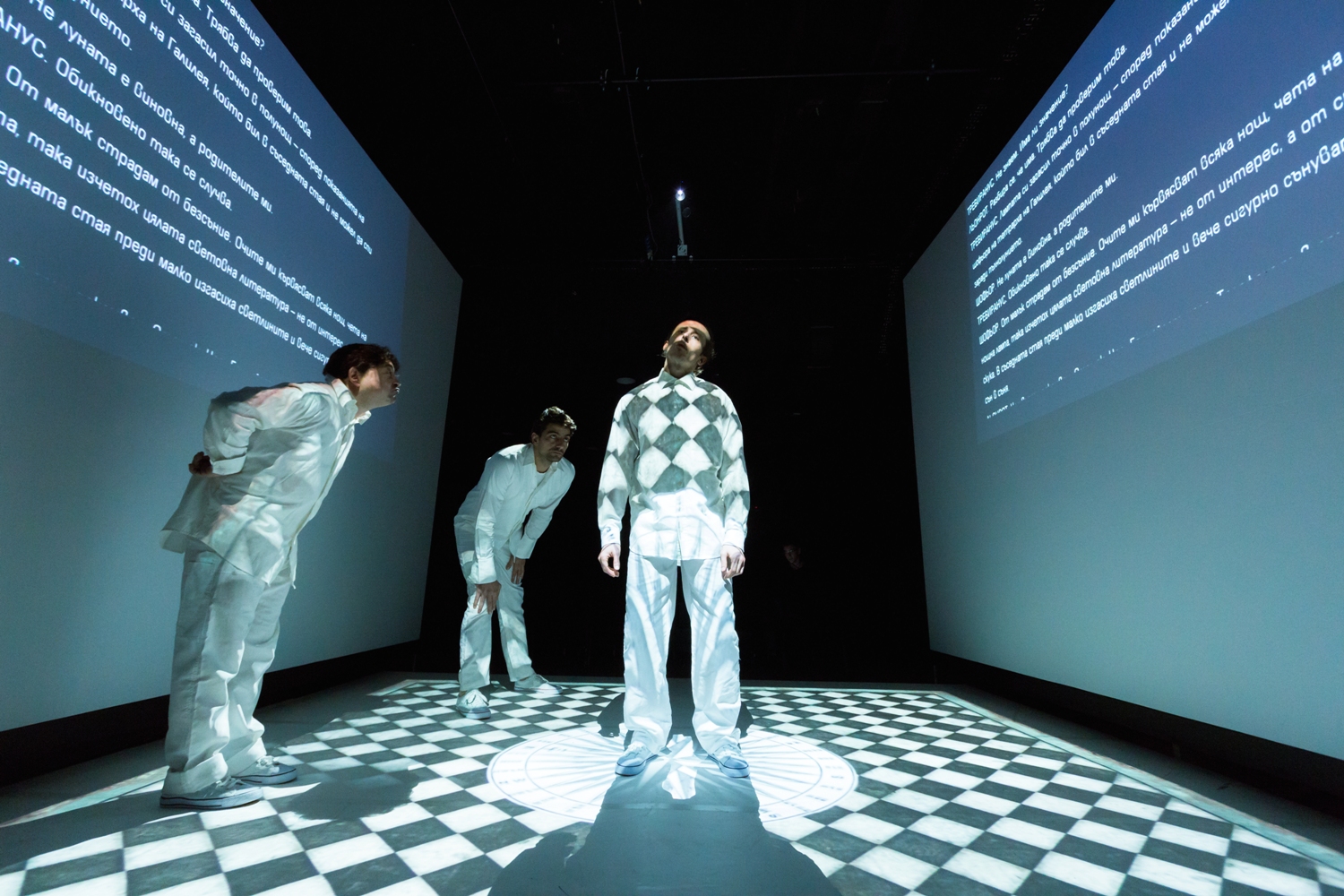
The committees, typically comprising writers, translators, dramaturgs, directors, and publishers make annual selections of plays submitted to them, organize their translation where required, and – whenever possible – also organize performances and readings.
In alternate, odd-numbered, years the plays chosen are translations into the language of the committee. In even-numbered years they are works in the “native” language which are then selected for translation into one or more other European tongues.
Thus for example the call for work that went out this month, for work to be judged in 2017, is for plays already translated into the languages of the multiple committees.
Eurodram began life as a French project – initially to rectify the situation that existed at the start of the century, in which virtually no work from eastern Europe was being performed in France. That focus – bringing work from east to west – gradually changed over the years, and from 2009 the group re-cast itself simply as a promoter of multi-lateral mobility and exchange: within Europe and the surrounding regions as far as to central Asia. By 2015, it was handling over 700 theatre texts a year, and that number rises annually.
This edition, EURODRAM 2016-17 will accept translated plays. To submit a play to Eurodram, please click on the Language you have your play translated into.
Albanian
Arabic
Bosnian, Croatian, Montenegrin and Serbian
Bulgarian
Danish
English
French
German
Greek
Hebrew
Hungarian
Italian
Latvian
Macedonian
Polish
Portuguese
Romanian
Russian
Spanish
Turkish
Ukrainian
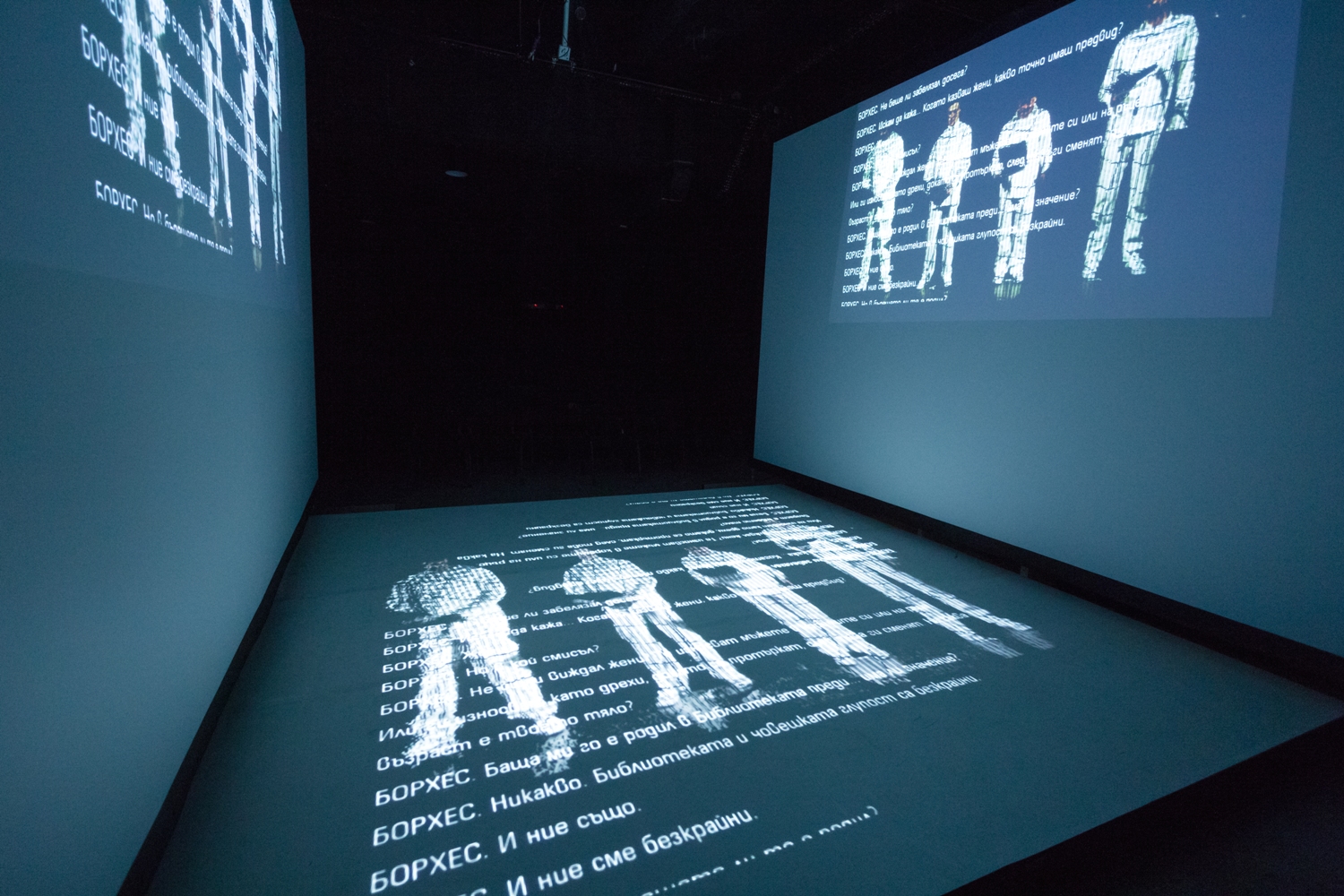
Some committees are able to offer modest translation bursaries thanks to their support by various national or international funding bodies. The German-language committee, for instance, is being sponsored in 2017 by Deutscher Literaturfonds.
Rules for submission vary from Eurodram committee to committee, so readers who are interested in knowing more about a specific program or language should check out the web-pages of the individual committees, or contact the relevant language group co-ordinator. A list of links can be found at: http://www.sildav.org/eurodram/comites-linguistiques
If you have any questions, please don’t hesitate to email Ulrike Syha, Eurodram Coordinator.
COUNTDOWN TO EURODRAM CONTEST DEADLINE
Day(s)
:
Hour(s)
:
Minute(s)
:
Second(s)
Pictures above belong to Borgestriptych by Yasen Vasilev – part of the EURODRAM selection 2016 of the BG committee. Photograph Zdravko Yonchev.
This post was written by the author in their personal capacity.The opinions expressed in this article are the author’s own and do not reflect the view of The Theatre Times, their staff or collaborators.
This post was written by Neil Fleming.
The views expressed here belong to the author and do not necessarily reflect our views and opinions.

